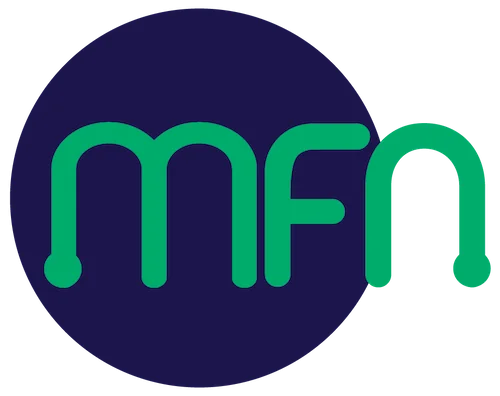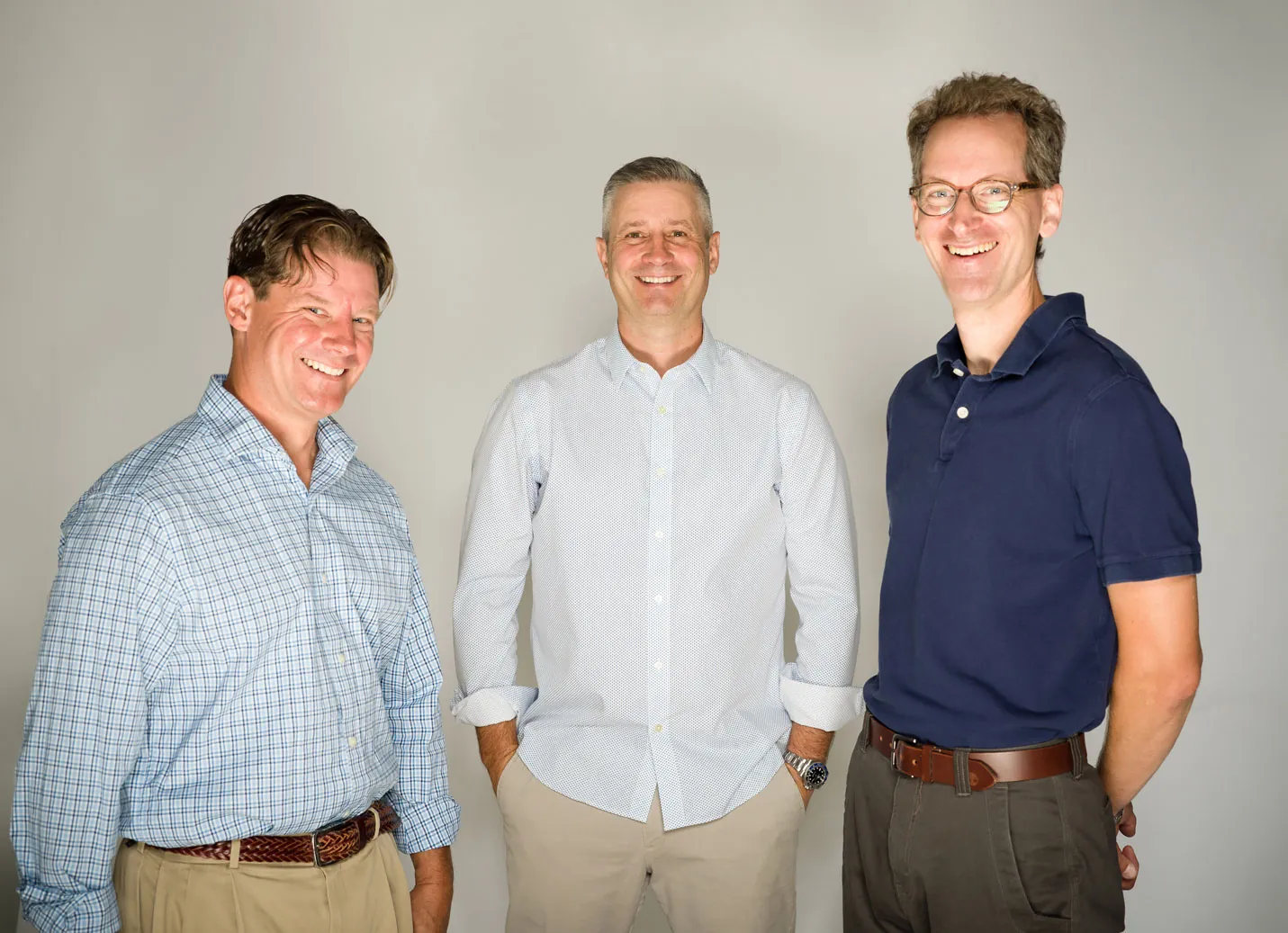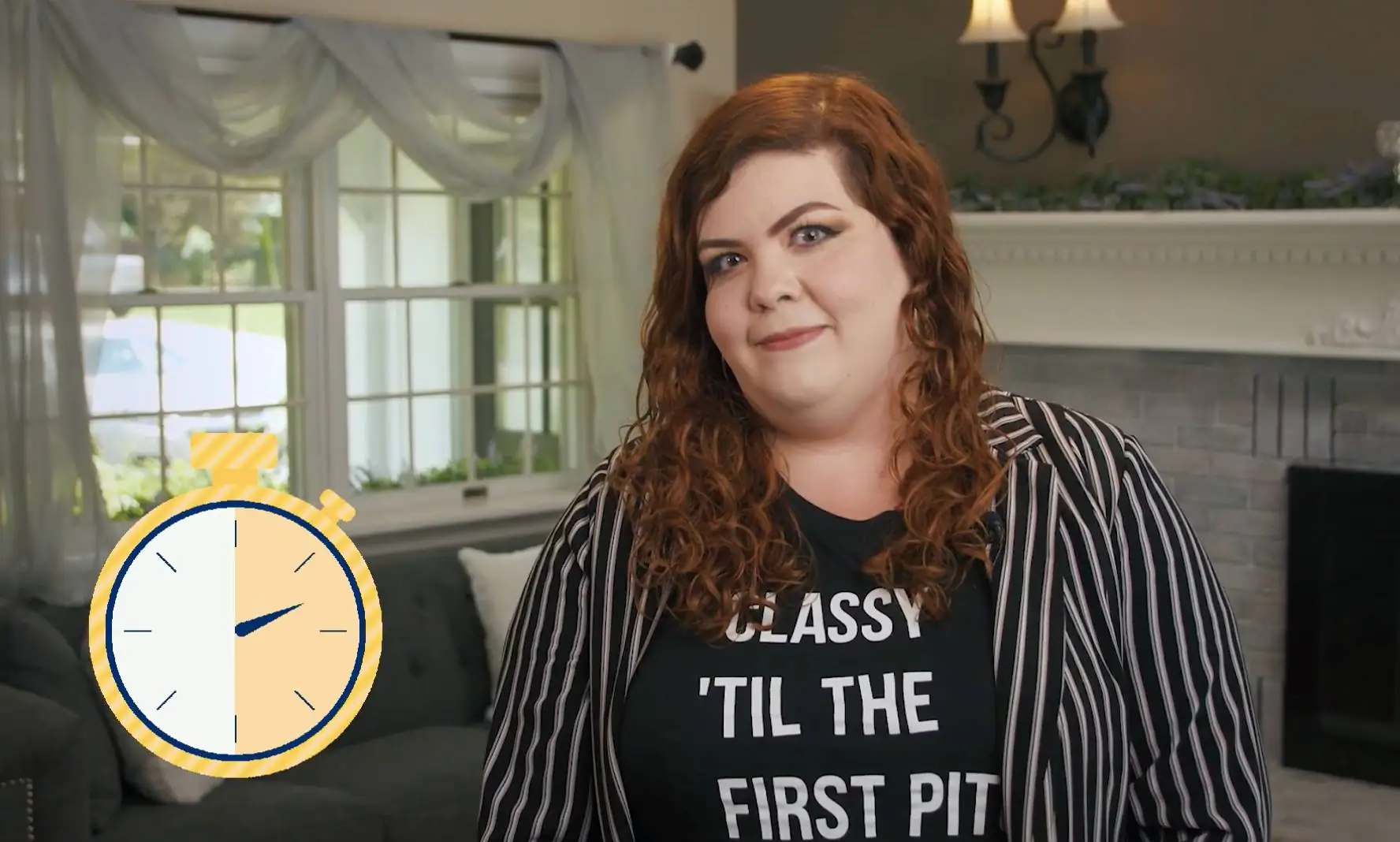So, you’re a young HealthTech company with a new device to improve surgical outcomes. You need access to an MRI machine to test your prototype, but they’re all in near-constant use by hospitals that own them. With lots of luck, long negotiations might lead to occasional access between 2:00 a.m. and 4:00 a.m. Sunday mornings…when any patient’s emergency might still bump you to the back of the line.
It turns out that Worcester Polytechnic Institute’s Practice Point has an MRI machine that’s dedicated for use by product developers. Just schedule as much time as you need, plug in your new widget, and give it a whirl. Something not quite right? Go next door to the machine shop, where experts will tweak it for another go.
Practice Point is one of a dozen innovation partners in the Massachusetts Digital Health Sandbox Network, a program funded and administered by the Massachusetts eHealth Institute (MeHI) at the Massachusetts Technology Collaborative. MeHI matches companies and their early-stage products with labs, equipment, expert advice, principal investigators, and even clinical and non-clinical staff and patients who might benefit from these innovations. The network includes labs and innovation hubs in three hospitals, five universities, two payers, a federally funded non-profit R&D center, and a senior living facility.
Katie Green came to launch and manage the Sandbox Program through several winding paths. A Wellesley graduate in political science and Women’s studies, she worked two terms for a Massachusetts state representative and served two terms on Acton’s select board.
Katie was drawn to MeHI as a more flexible and innovative form of public service but had no background in healthcare so she took a job as executive assistant to MeHI’s Director.
These were early HealthTech days. While Katie learned the ropes, and her supervisor fed her potential with more projects and responsibilities, MeHI was mostly helping providers adopt electronic health records. Around 2015, the Institute began to extend its digital health ecosystem into the arena of economic development. With recommendations from the Digital Health Council and oversight and guidance from an Independent Steering Committee chaired by Dr. Adam Landman, CIO of MassGeneral Brigham, Katie’s boss asked her to help launch the Sandbox Program. “It’s been fascinating to see how government can help spur innovation,” says Katie. That’s the part I love.”
In 2020, MeHI joined forces with Lever, Inc. to speed economic recovery from the pandemic by leading the Massachusetts Digital Health COVID-19 Recovery Challenge. Together they secured funding from the U.S. Department of Commerce’s Economic Development Administration and put out the call to prospective participants. Lever then ran sixteen chosen contenders across two challenges through five-week workshop sessions leading up to the final pitch events. The winner of each challenge gained access to $100,000 in services and support from a Sandbox partner that received a MeHI grant in that amount. Four runners-up in each challenge received $50,000 in similar support.
“We learned a lot from Lever through that process,” says Katie. “Even though MeHI’s Sandbox Challenge programs are virtual, we’ve tried to incorporate Lever’s success in creating close communities of entrepreneurs who continue to support each other’s work through informal ‘alumni’ networks.”
Kinto won the 2020 Innovations to Support Caregivers COVID Challenge and worked with Sandbox partner MITRE to mentor Kinto as they developed and tested new programs for their virtual coaching platform for family members caring for loved ones with dementia. Kinto has now entered new partnerships with healthcare organizations to support Medicare and Medicaid beneficiaries, and the company secured a $2.4 million NIH grant as well as private investments through MassVentures and Redstar.
Stellar Sleep took first prize in MeHI and Lever’s second COVID Challenge and partnered with Sandbox partner Brigham Digital Innovation Hub to pilot their app to address the dual challenge of America’s sleep-deprivation crisis and a dire shortage of sleep therapists. Stellar Sleep recently secured $6 million in seed financing to grow their company.
These days, MeHI runs annual challenges focused around the Commonwealth’s priority healthcare areas. In 2023, eight companies competed in the Healthy Aging Challenge. This year, MeHI is running both a Women+ Health Challenge and a Medicaid Challenge that will award one company the opportunity to work with the UMass Chan Medical School and UMass Lowell Sandboxes to pilot their RPM solution with members of Wellsense, a Medicaid Senior Care Options plan.
As her field expands, Katie becomes more convinced that healthcare technology can’t, and won’t, replace healthcare providers. “Good technology extends the power and reach of professional care beyond the doctor’s office, ” says Katie. “It simply gives health providers the ability to help more people.”



